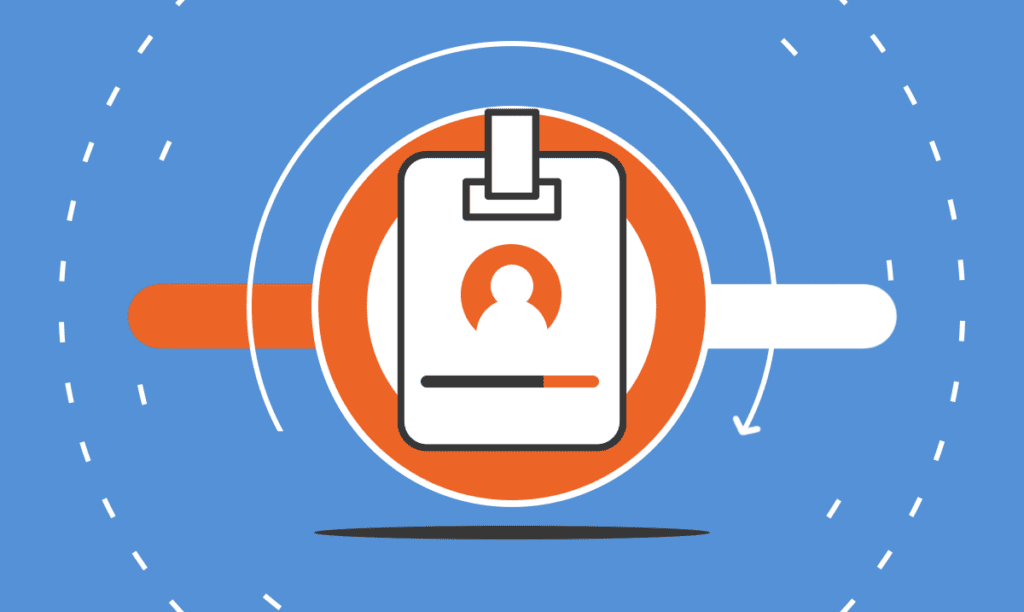“What’s in a name?” Shakespeare famously pondered, but in the business world, the answer is straightforward: everything. Didyo ...
Entrepreneur vs. Small Business Owner
Written by: Carolyn Young
Carolyn Young is a business writer who focuses on entrepreneurial concepts and the business formation. She has over 25 years of experience in business roles, and has authored several entrepreneurship textbooks.
Edited by: David Lepeska
David has been writing and learning about business, finance and globalization for a quarter-century, starting with a small New York consulting firm in the 1990s.
Published on January 22, 2023

The common assumption is that anyone who starts a business is an entrepreneur. From the owner of a cafe or a dry cleaners to the founder of a software company, they’re all entrepreneurs, right?
This can be a controversial question. By some definitions, yes, the cafe owner runs a small business and is therefore an entrepreneur because they started a company. But most definitions make a clear distinction between a small business owner and an entrepreneur, though both make valuable contributions to the economy and their community.
This guide lays out the differences between the two and details their great value to society, so that you can decide which route might work best for you and your business.
What Is an Entrepreneur?

According to Investopedia, “an entrepreneur is an individual who starts and runs a business with limited resources and planning and is responsible for all the risks and rewards of their business venture. The business idea usually encompasses a new product or service rather than an existing business model.”
In essence, entrepreneurship involves innovation. The entrepreneur creates something new – a simple product, tech tool, unique service, or even a new business model.
Rather than opening a new restaurant and just trying to compete in the market with better food, an entrepreneur might open a new type of restaurant. Chipotle, for instance, created a new dining concept – the build-your-own-meal along an assembly line.
This came to be known as “fast casual” dining and many eateries have since followed suit, such as Piada and Mod Pizza. Another example of entrepreneurship is Facebook. Mark Zuckerberg essentially created a new market that developed into an entire industry – social media.
Before Facebook, people had no idea that they might want an online platform for connecting with others and sharing their lives. But once it emerged, just about everybody saw the value and joined the fun.
In both cases, the entrepreneurs innovated and created something unique.
What Is a Small Business Owner?

Small business owners, on the other hand, usually run what’s known as a lifestyle business, which means that its primary goal is to provide a steady income that supports its owner’s lifestyle. Massive growth is unlikely for such businesses.
Instead, success usually means that the owner and employees make a good living. Small businesses focus on offering an existing product or service, like hair styling or plumbing services. To compete, they must differentiate themselves with better quality, convenience, or friendlier service.
They could also fill a market gap. If your town lacks a sports bar, for instance, you could open your own and fill that local gap. You could be successful simply because you’re the only sports bar in town.
Small businesses like your local bakery and bookshop, the hardware store and auto body shop, are often critical to meeting the needs of the community and thus invaluable.
What Do Investors Think?

A small business is unlikely to obtain funding from angel investors or venture capitalists. Investors tend to be more interested in entrepreneurial ventures with high growth potential, as they hope to see a sizable return on investment, perhaps even five times their initial commitment, within a relatively short period.
It may seem greedy, but that’s their business. They take significant risks with their money and hope to reap significant rewards.
Some venture capitalists maintain their share of the company for an extended period, while other investors aim to extract their return as quickly as possible. This happens via some sort of exit event: either the investor sells the entire company, approves a merger with another firm or sells their ownership share.
Small businesses, on the other hand, mainly acquire funding from banks and other lenders, often with additional backing from the Small Business Administration (SBA).
Contributions of Entrepreneurs and Small Business Owners

As mentioned earlier, both entrepreneurs and small business owners make valuable contributions to their communities and the broader economy.
Entrepreneurial ventures could grow to serve hundreds of thousands or even millions of customers and employ tens of thousands of people, like Facebook, Google or Uber. But these large businesses represent only a tiny fraction of US businesses.
Amazingly, 99.9% of all US businesses are small businesses (< 500 employees) and these businesses employ nearly half of all U.S. employees. Clearly, small businesses are the true backbone of the economy. Imagine if they didn’t exist! Most of your crucial local services would suddenly disappear.
One could argue that small business owners and entrepreneurs are equally important in our lives.
In Closing
Whether you’re an entrepreneur or small business owner, the label hardly matters. Both are invaluable contributors to their communities and plan a key role to the local economy and, often, the continuing functioning of the world.
Whichever path you choose, whether it’s creating the next big thing or opening a local coffee shop, your successful business will have a positive impact in countless ways. And you might even create a legacy that lives on for generations.
Subscribe to Our Newsletter
and gain insider access to cutting-edge business insights and trends.
Featured Resources

How to Come Up with a Business Name
Published on October 17, 2023
Read Now

Learn How to Form a Partnership Using These 7 Steps
Published on February 14, 2023
If you and one or more people are starting a business, you may want to form a partnership. But this is not a step to be taken lightly, as you’llha ...
Read Now

5 Reasons Why Entrepreneurship Is Important
Published on January 22, 2023
November is the US’ National Entrepreneurship Month and in 2022 the president celebrated “the doers, dreamers, and job creators whose vision and ...
Read Now
Comments